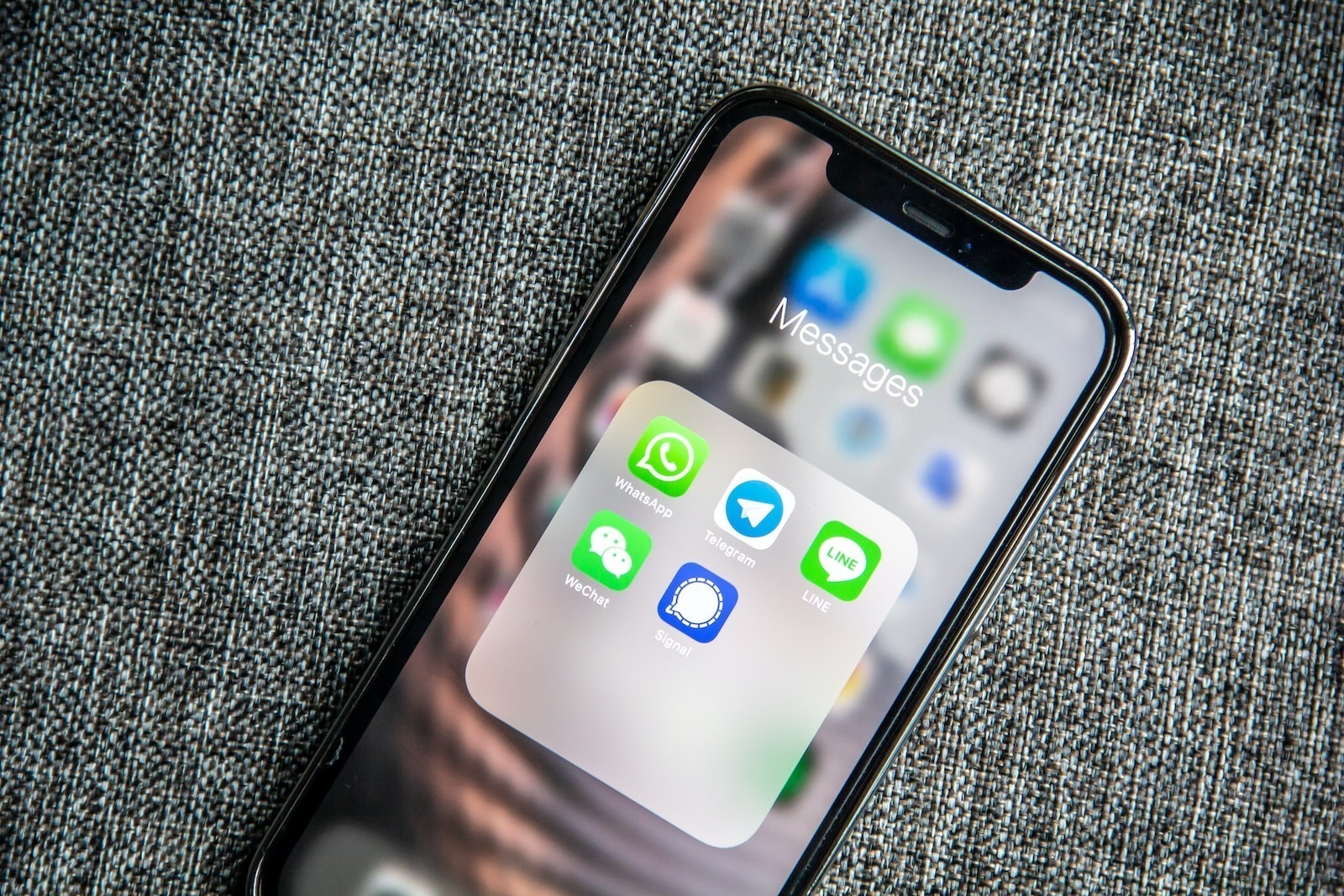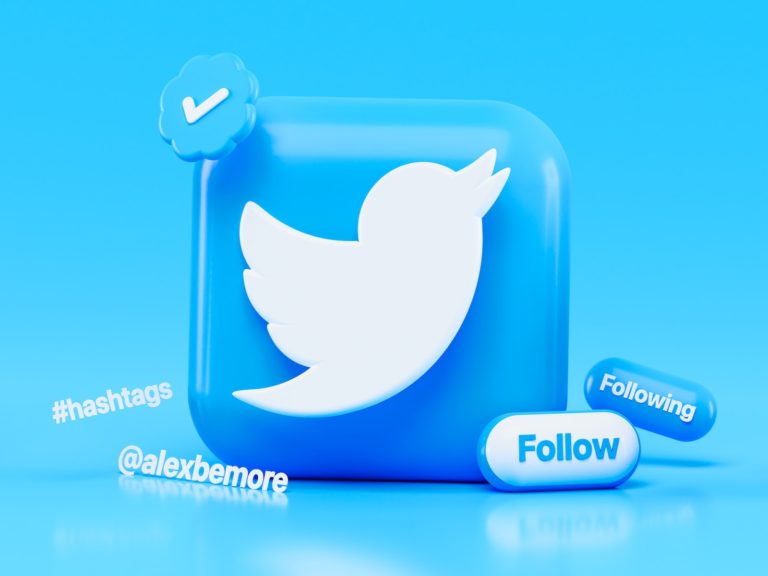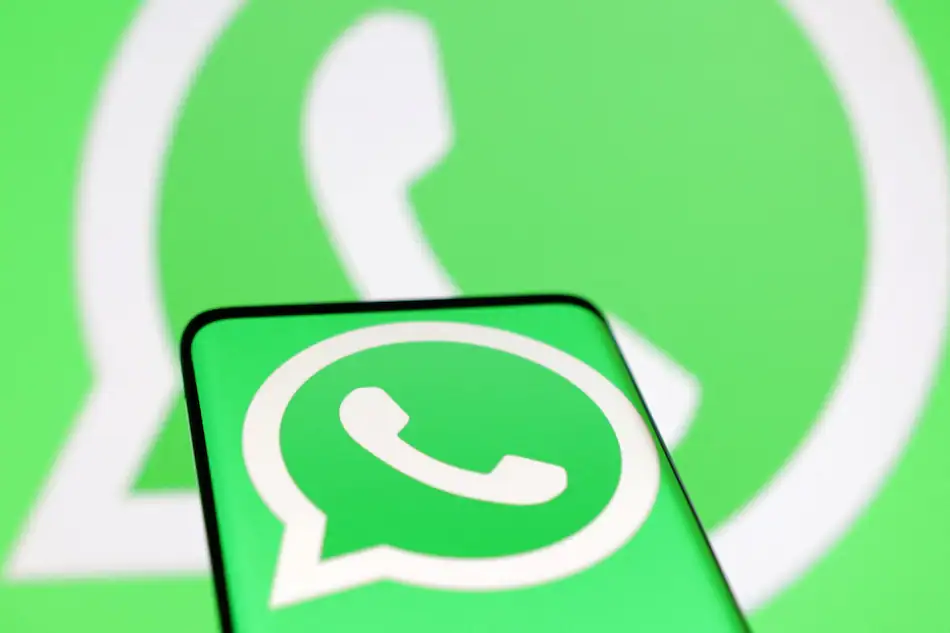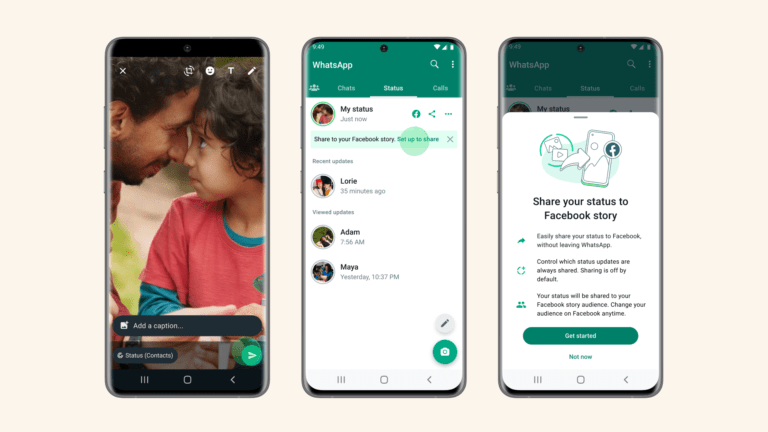Video calls with up to 32 people are being tested in the WhatsApp desktop beta.

According to reports, WhatsApp has increased the cap on group video calls in the most recent desktop beta.
The well-known Meta-owned chat platform formerly permitted video calls with up to 8 users, but a future upgrade is anticipated to quadruple this limit for all users on the desktop program. WhatsApp has stopped supporting its previous desktop software built on the Electron platform, meaning Windows users must now download the program via the Microsoft Store.
Feature scout WABetaInfo has discovered that WhatsApp beta for Windows 2.2324.1.0 has started testing the ability to initiate video calls with up to 32 people.
Currently, WhatsApp Desktop users can use the Windows application to make audio and video chats with 32 people or 8 people respectively, but an upcoming update is anticipated to increase the limit for all users after beta testing for the feature is complete.
According to the feature tracker, some WhatsApp users who have the most recent beta version of the desktop software installed may be invited to initiate an audio or video conversation with up to 32 contacts or groups. On the most recent beta, not every user will see the notice, indicating that a server-side upgrade is required to activate it.
Users can download the most recent WhatsApp beta for Windows update from the Microsoft Store to test out the ability to start group calls with up to 32 people. Users do not need to register for beta updates, and both the stable and beta versions of the app can be installed simultaneously on the same device, unlike the beta versions of WhatsApp for Android and iOS.
According to a recent tip from WABetaInfo, WhatsApp has stopped supporting the Electron-based WhatsApp Desktop software for Windows. All previous WhatsApp users will now need to download the native app from the Microsoft Store if they were using an older version. It is worth noting that the ability to start a video call with up to 32 people will be available to users on an upcoming version of the native app via the app store.







